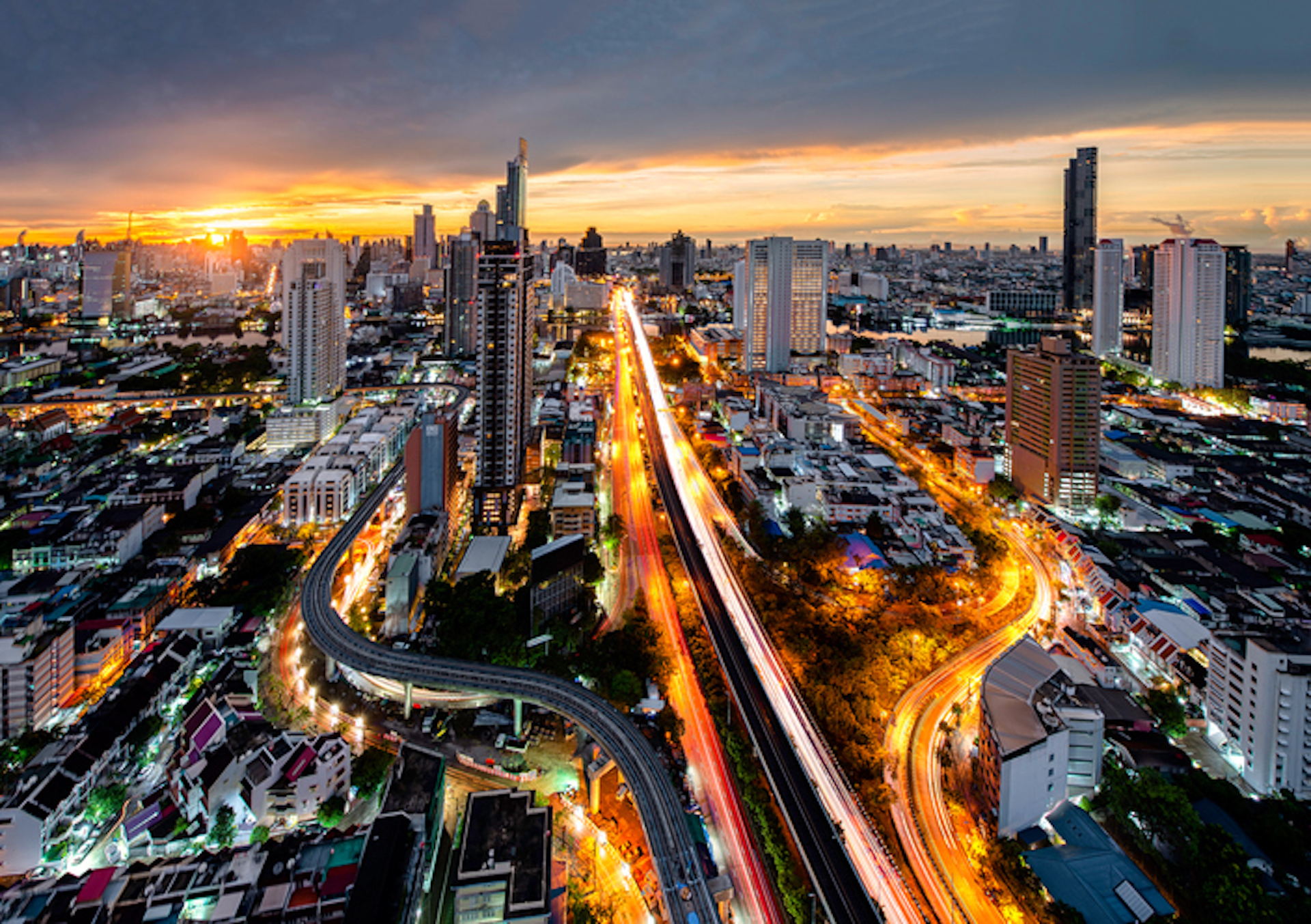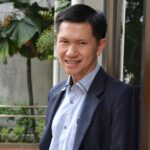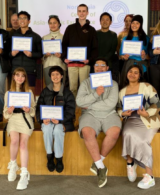Asia Forum: APEC 2022 and APEC Summit 2022


21 October 2022
The Southeast Asia Centre of Asia-Pacific Excellence, in collaboration with Asia Forum and NZIIA (Wellington Branch), invites you to attend this upcoming hybrid session, taking place at Victoria University of Wellington Pipitea campus and online, featuring two of New Zealand’s Ministry of Foreign Affairs & Trade esteemed ASEAN@50 fellows.
This session, moderated by SEA CAPE Director Professor Siah Hwee Ang, will also feature remarks from Tony Lynch, Deputy Chief Executive, National Security Group, Department of the Prime Minister and Cabinet, and will be followed by networking drinks from 6.30pm – 7.30pm.
Synopsis
Keynote speaker 1: Professor Thitinan Pongsudhirak
APEC 2022 in Thailand: What’s At Stake? APEC Summit 2022: Issues and Challenges
The annual leaders’ meeting of the Asia-Pacific Economic Cooperation (APEC) in November 2022 takes place at a critical time of geopolitical tension and conflict, most conspicuously Russia’s blatant invasion of Ukraine and the intensifying rivalry and competition between the United States and China. Already, controversy and confusion abound about which and whether this or that leader will attend the APEC summit in Bangkok. US President Joe Biden reportedly will not be joining due to family reasons, while Russian President Vladimir Putin and Chinese President Xi Jinping have yet to confirm their presence. As geopolitics overshadow APEC, geoeconomics undermine the grouping of 21 member economies. The US-China decoupling and the Russian war in Ukraine amidst broader de-globalisation threaten to unravel the gains from trade, investment and interdependence accumulated over decades. Apart from Comprehensive and Progressive Trans-Pacific Partnership (CPTPP) and Regional Comprehensive Economic Partnership (RCEP), the US has touted Indo-Pacific Economic Framework (IPEF), while China remains committed to its Belt and Road Initiative (BRI). APEC this year will need to shore up what’s left of the multilateral trading system and to regain its relevance as a trade-liberalisation vehicle and a resilient and productive network of firms and corporate leaders. If states and governments cannot cooperate sufficiently under prevailing circumstances, multinationals and private sectors may be forced to bring the heft and do the heavy lifting to salvage the global economy that is facing headwinds from inflation, recession, and rising protectionism. This seminar will tease out some of the contours and dynamics of APEC 2022.
Keynote speaker 2: Professor Pavida Pananond
Regionalisation in the Era of ‘Resilience’
The Asia-Pacific Economic Cooperation’s 2022 meeting takes place as the world seeks to understand what the post-pandemic ‘resilience’ means for geopolitics, geo-economics and implications on regional economic cooperation. From the ASEAN Economic Community (AEC), Comprehensive and Progressive Trans-Pacific Partnership (CPTPP), Regional Comprehensive Economic Partnership (RCEP), to the Washington-led Indo-Pacific Economic Framework (IPEF), countries in the Asia-Pacific are not short of options when it comes to regionalisation schemes. At the same time, challenges to globalisation following the pandemic-induced disruptions to supply chains are further aggravated by geopolitical tensions that prompt firms and corporate leaders to rethink what ‘resilience’ means to their global and regional business operations. Policies of governments on resilience leads to discussions on reshoring, onshoring, or friend-shoring, all of which bear economic and business implications for countries and firms. How do we make sense of all these ongoing issues and their impacts on regionalisation and what we can expect from this year’s annual APEC leaders’ meeting are the key questions addressed in this discussion.

Keynote speaker 1
Thitinan Pongsudhirak is Professor and Director of the Institute of Security and International Studies at Bangkok’s Chulalongkorn University. He was born in Thailand and grew up in a multilingual background, completing his degrees at the University of California and Johns Hopkins School of Advanced International Studies, with an award-winning PhD from London School of Economics. Thitinan has held visiting positions at Johns Hopkins School of Advanced International Studies and Stanford University, and currently serves on several editorial boards of academic journals, including Journal of Democracy. He has authored a host of articles, books, book chapters and over 1,000 op-eds in mass media such as Bangkok Post, The Straits Times, Nikkei Asian Review, South China Morning Post, International New York Times, Project Syndicate, and Financial Times. His sought-after views have appeared in international media including CNN, BBC, Bloomberg, CNBC, Al Jazeera and others. His work focuses on comparative politics and geopolitics/geoeconomics of ASEAN and East Asia in view of the US-China rivalry and competition. In 2015, he was awarded a prize for excellence in opinion writing from Society of Publishers in Asia; in March 2018, he was appointed ASEAN@50 Fellow by New Zealand’s Minister of Foreign Affairs & Trade; and in May 2019, he was selected as Australia-ASEAN Fellow at Sydney’s Lowy Institute.

Keynote speaker 2
Pavida Pananond is Professor of International Business at Thammasat Business School, Thammasat University. She grew up in Thailand and spent time abroad completing her graduate studies at McGill University in Canada and the University of Reading in England. She is a global strategy scholar interested in how firms grow and expand. Her main research interest is global strategic management, particularly with reference to how companies in emerging markets develop and expand overseas. She also studies the governance of global industries and the upgrading of emerging market firms in global value chains. Pavida has authored a host of articles, book chapters, books and opinion editorials in mass media such as Bangkok Post and Nikkei Asia. Her views have also appeared in international media including Al Jazeera, BBC, Bloomberg, Financial Times, South China Morning Post and others. Pavida serves on several editorial boards of international academic journals, including Global Strategy Journal and Journal of International Business Policy. Since 2017, she has been selected as one of the Honorary Advisers to Asia New Zealand Foundation, the country’s leading authority to Asia. In 2018, she was appointed ASEAN@50 fellow by New Zealand’s Minister of Foreign Affairs & Trade. Her corporate role includes board membership of Precious Shipping Public Company Limited, Thailand’s leading dry bulk carrier. Pavida is a frequent speaker at international public forums and conferences.







